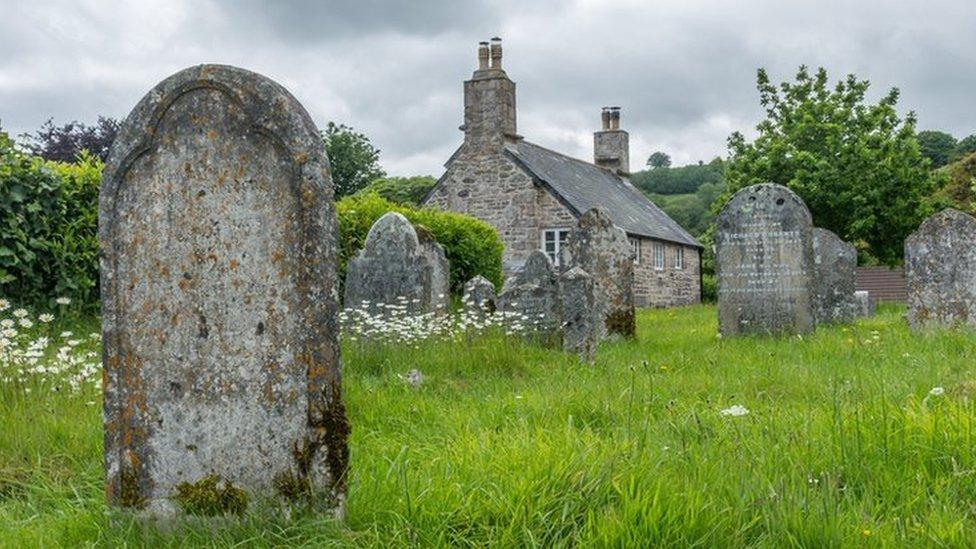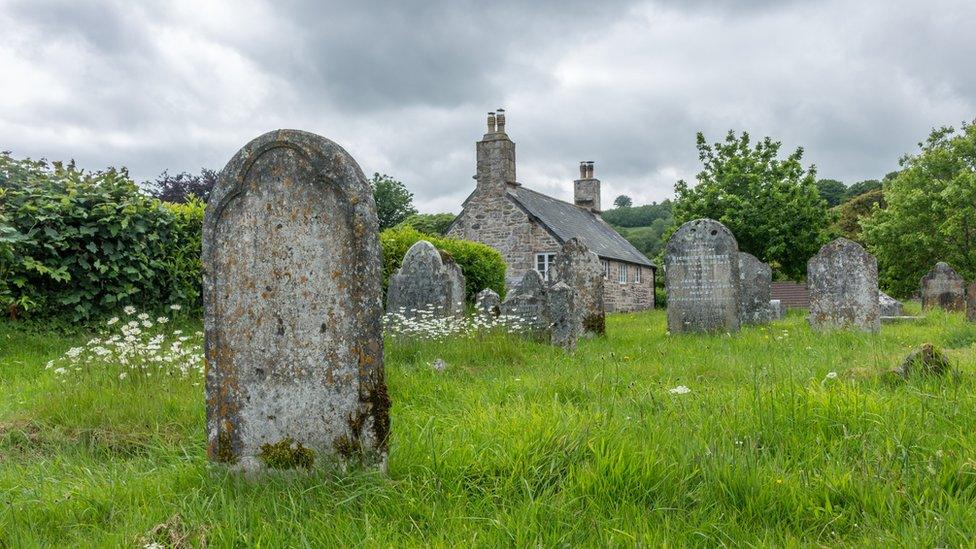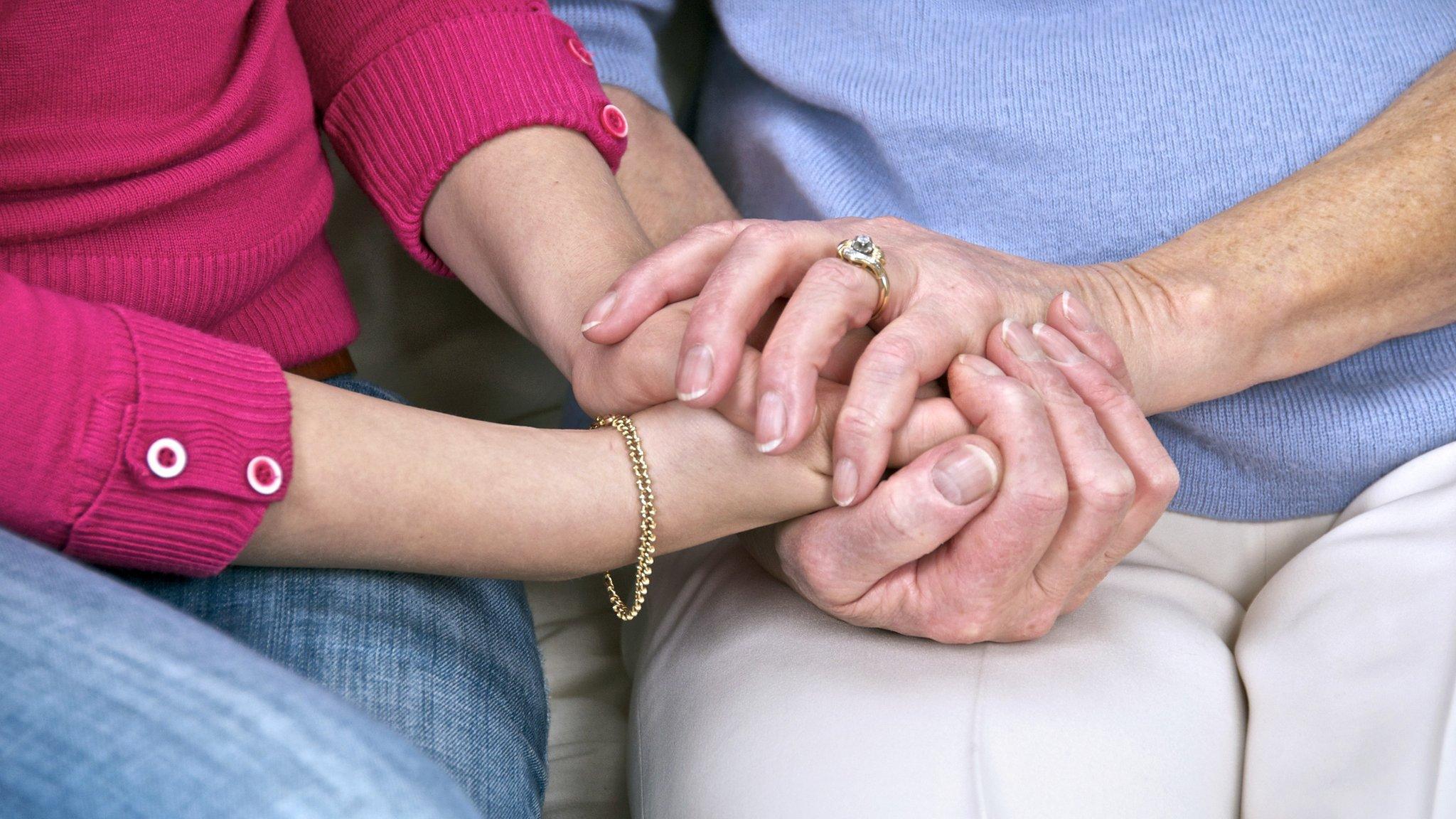Probate fees: Planned increase scrapped ahead of election
- Published

Probate fees had been due to rise to up to £20,000 for some estates
Controversial plans to raise the legal fees payable after death are to be scrapped ahead of the general election.
Probate fees had been due to rise from £155 or £215 to up to £20,000 for some estates in England and Wales from May.
The Ministry of Justice said there was now not enough time for the legislation - dubbed a "stealth death tax" by critics - to go through Parliament.
A senior Conservative declined to say if the scheme would be brought back if the prime minister was re-elected.
Probate charges are paid to the government when someone dies and the executor of their estate gathers their assets to distribute to beneficiaries of a will.
Currently, there is a flat fee of either £155 or £215 per application for probate, depending on whether or not the application is made through a solicitor.
There is no fee paid for estates worth under £5,000.
Legal move?
Under the proposed changes, this system would have been replaced by a sliding fee scale linked to the value of the estate.
Thousands of people would have faced sharp jumps in probate costs as a result.
Estates worth more than £50,000 and up to £300,000 would have attracted fees of £300, rising to £20,000 for those valued at more than £2m.
Earlier this month, a committee of MPs and peers questioned whether the changes were legal, adding that the new charges "appear... to have the hallmarks of taxes rather than fees".
The fees had been earmarked to raise around £300m a year towards running the courts and tribunal service.
The new system would also have seen the threshold below which no fee was payable increased from £5,000 to £50,000, lifting an estimated additional 25,000 estates per year out of the requirement to pay a probate fee.
- Published6 April 2017

- Published19 May 2016
